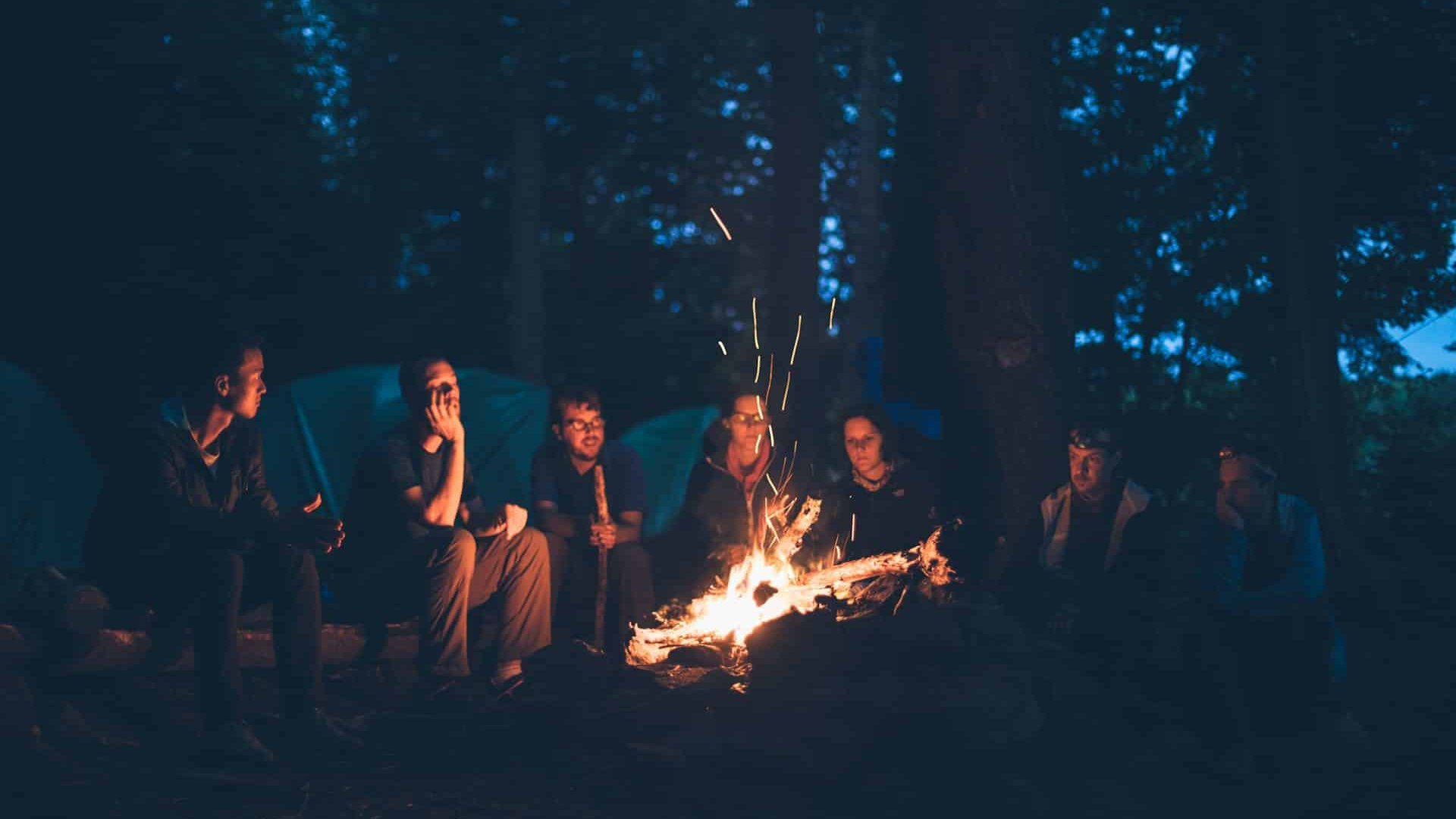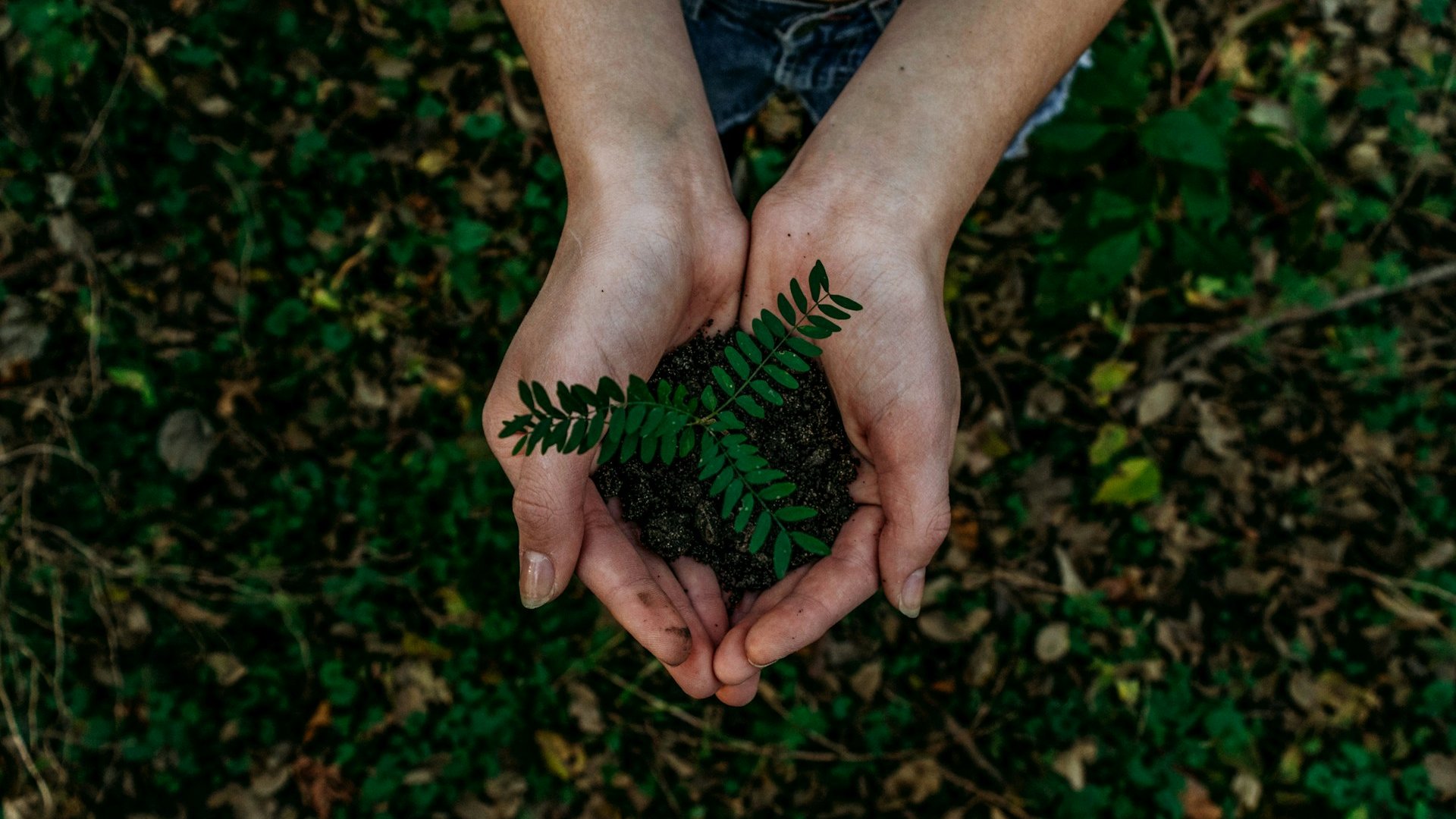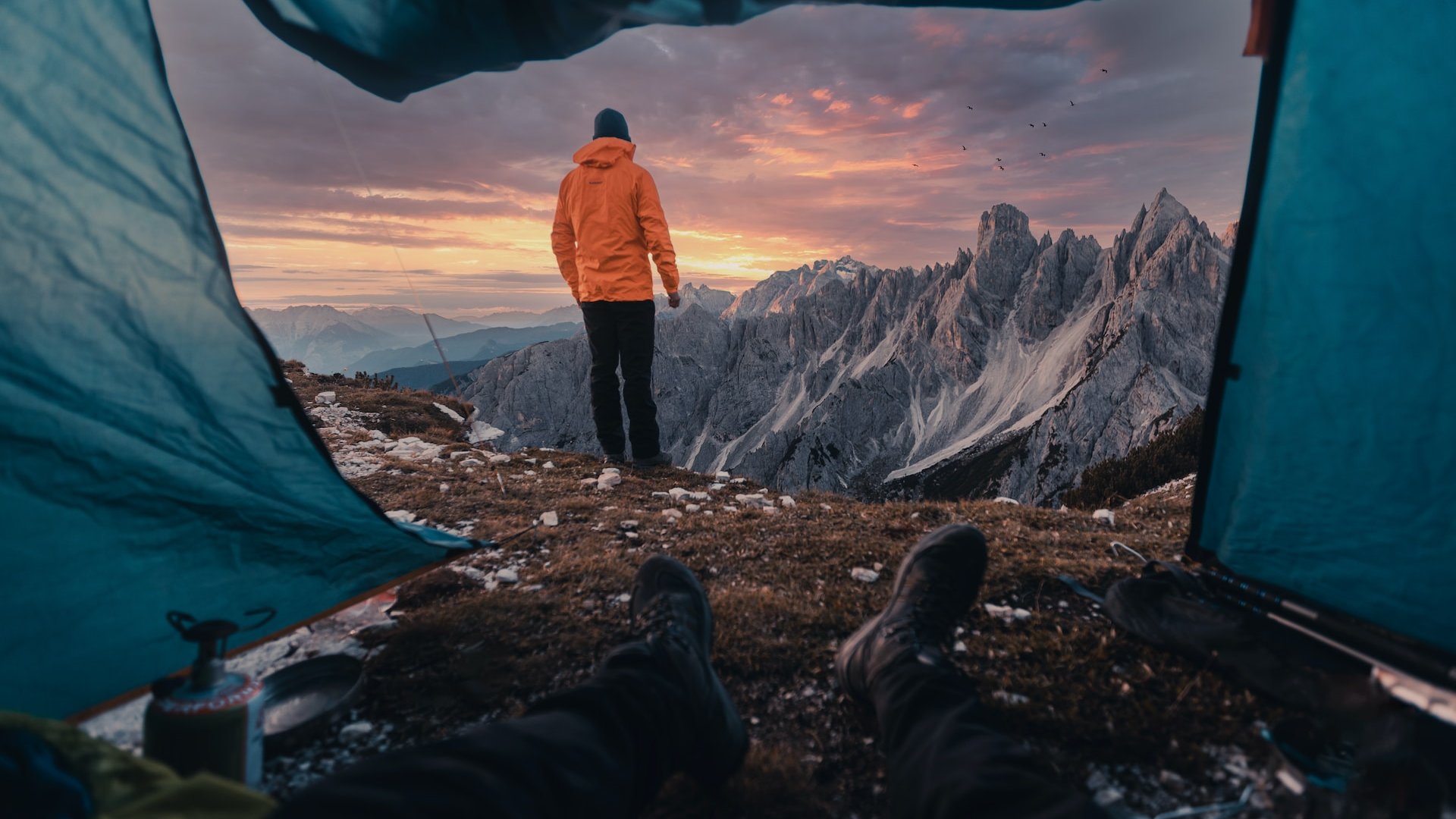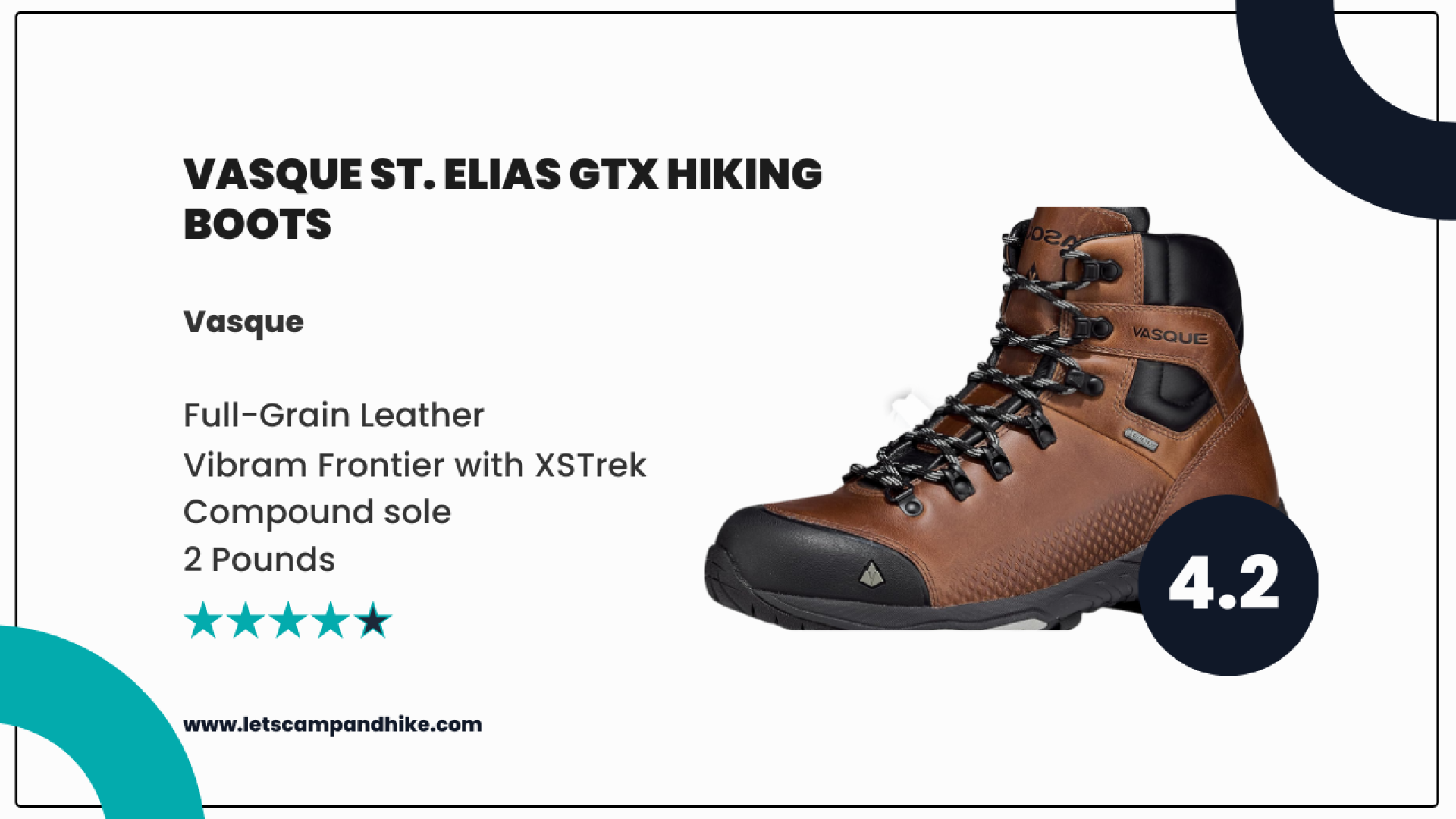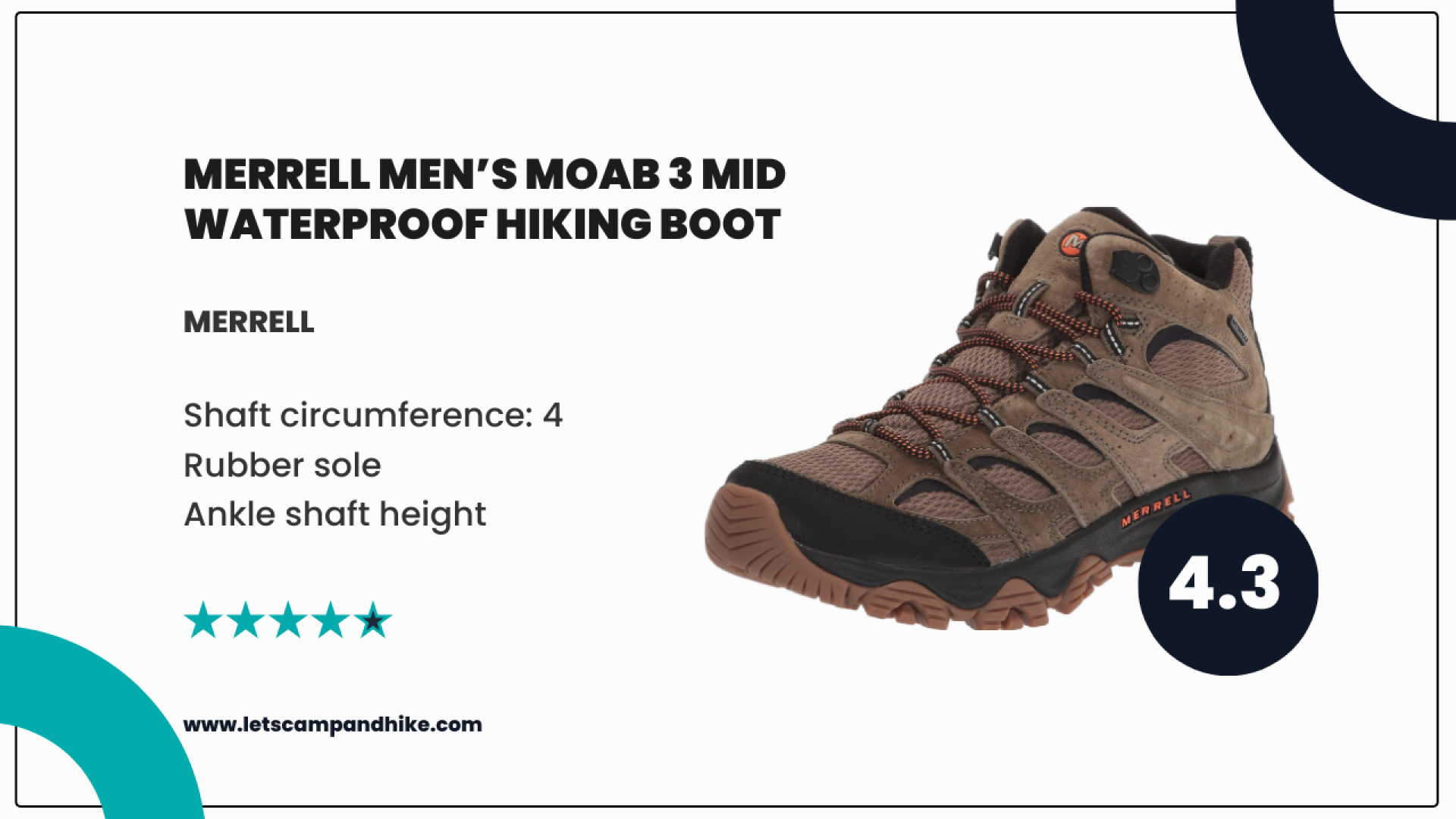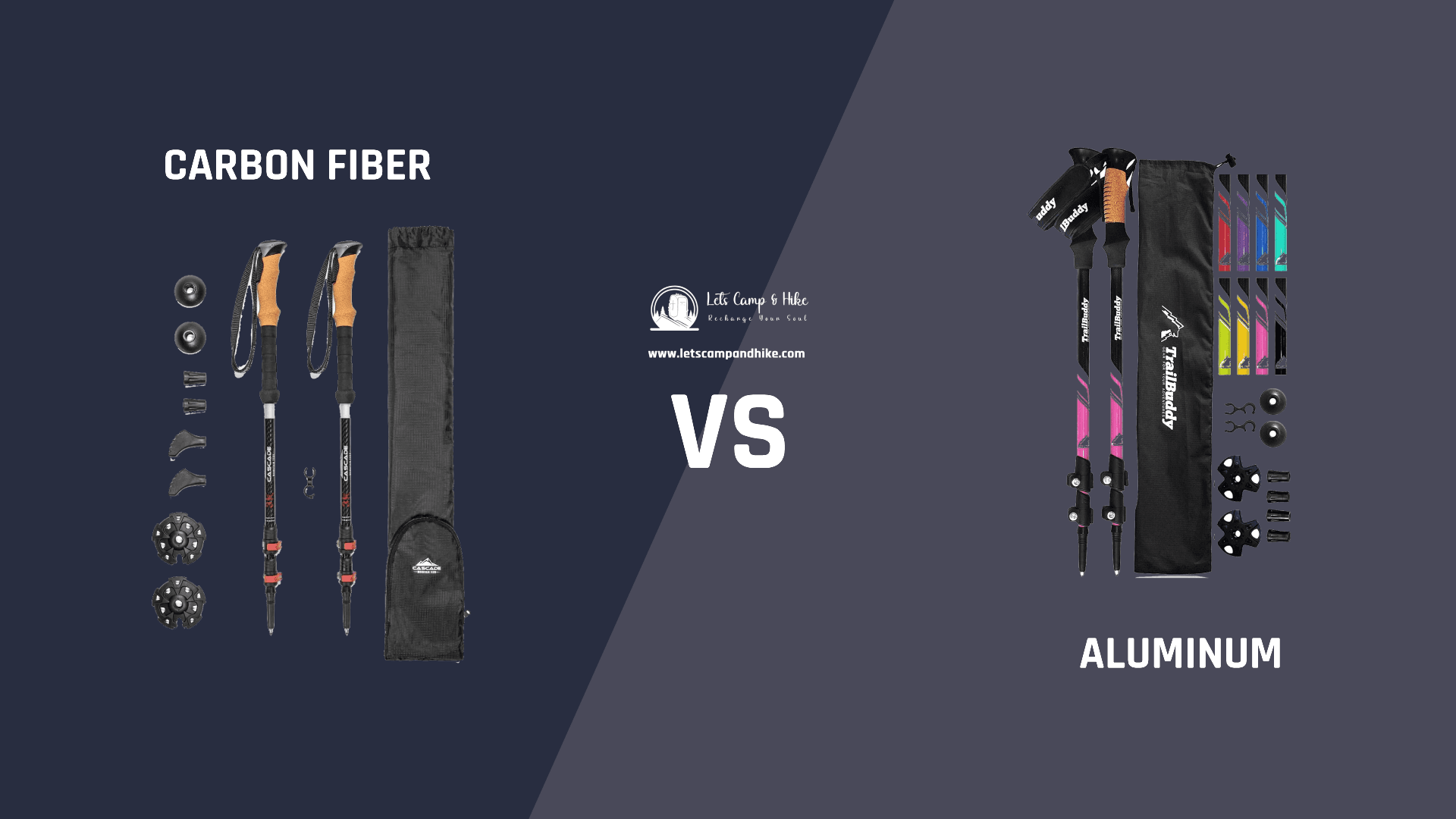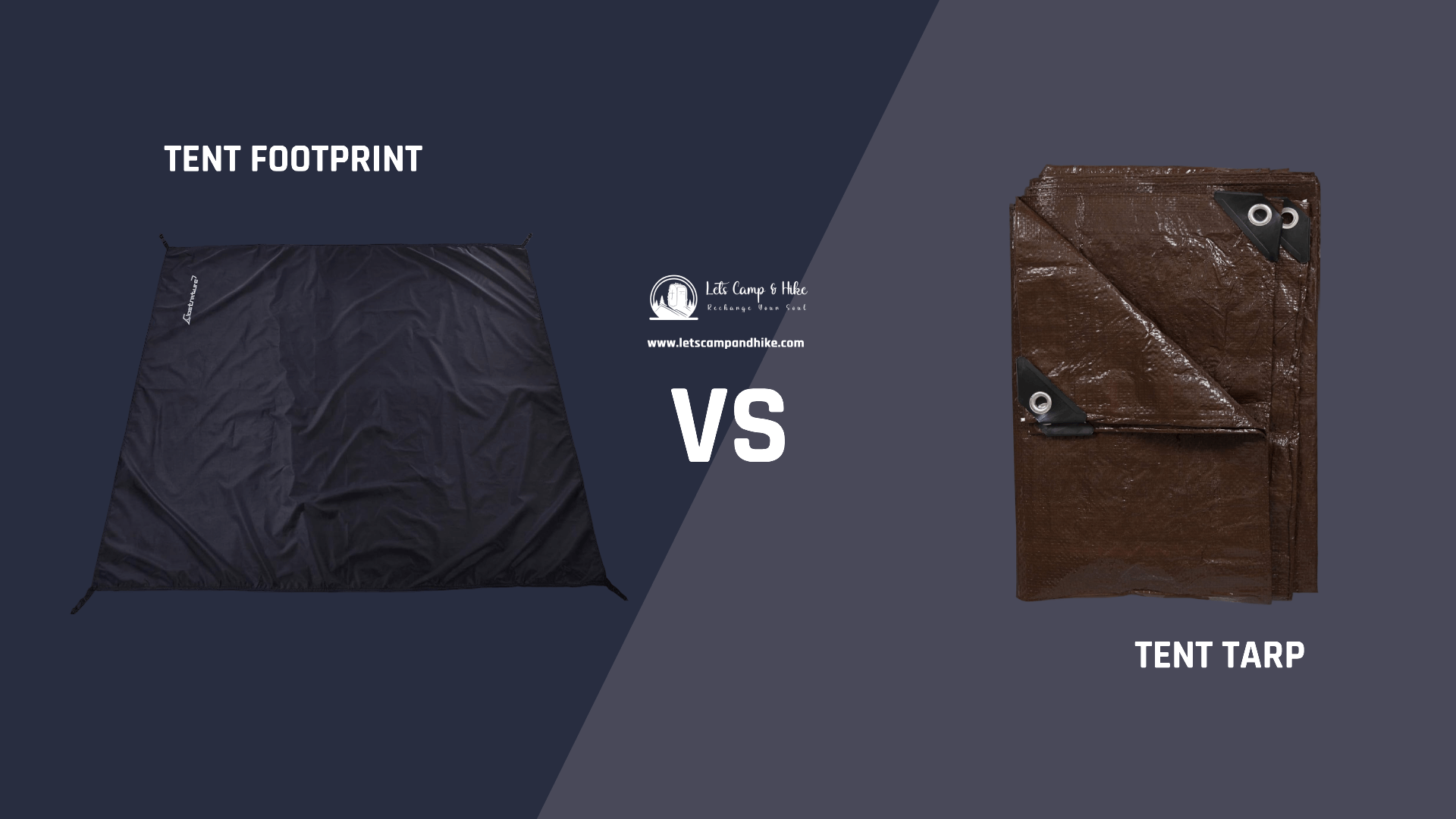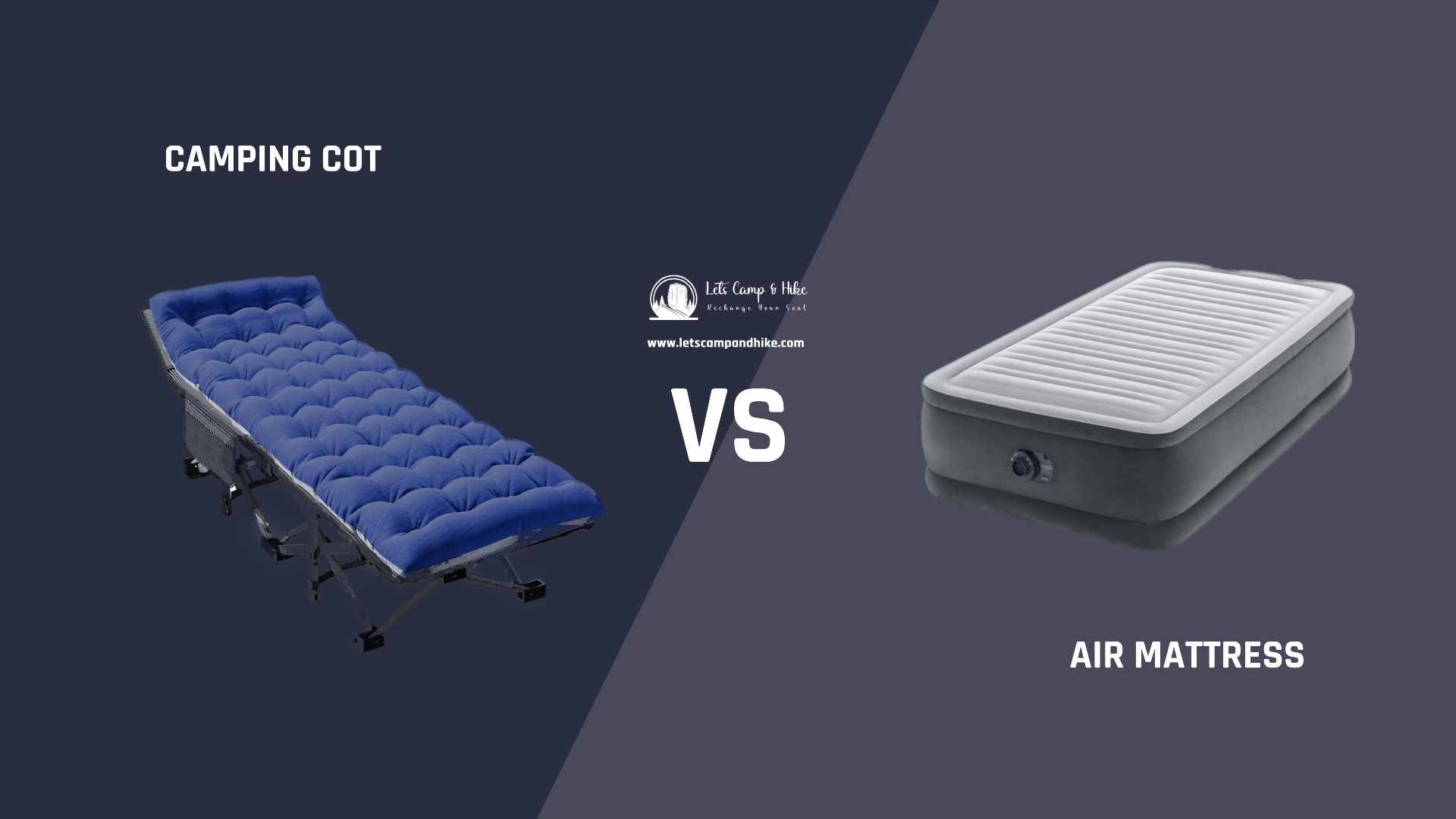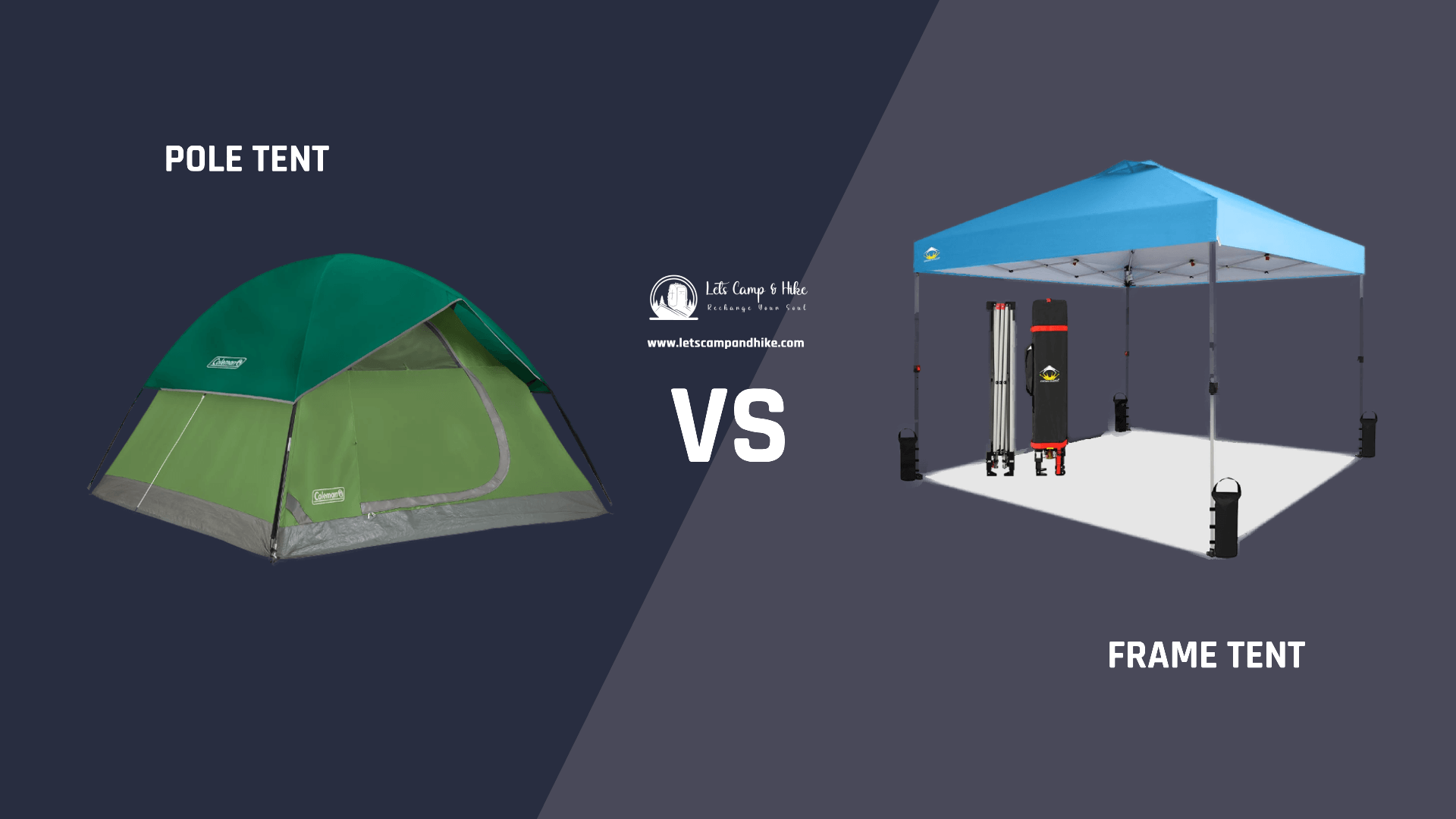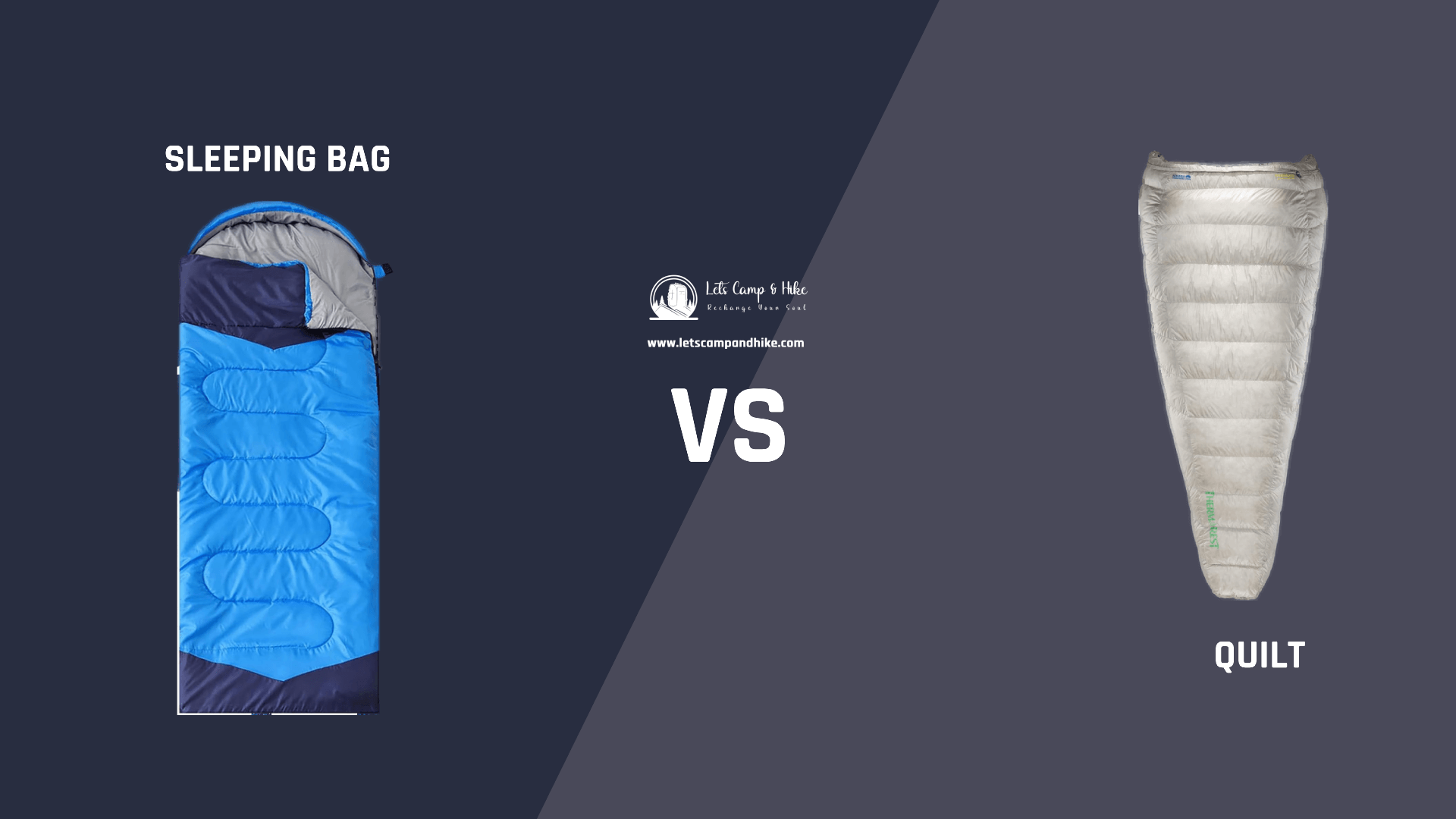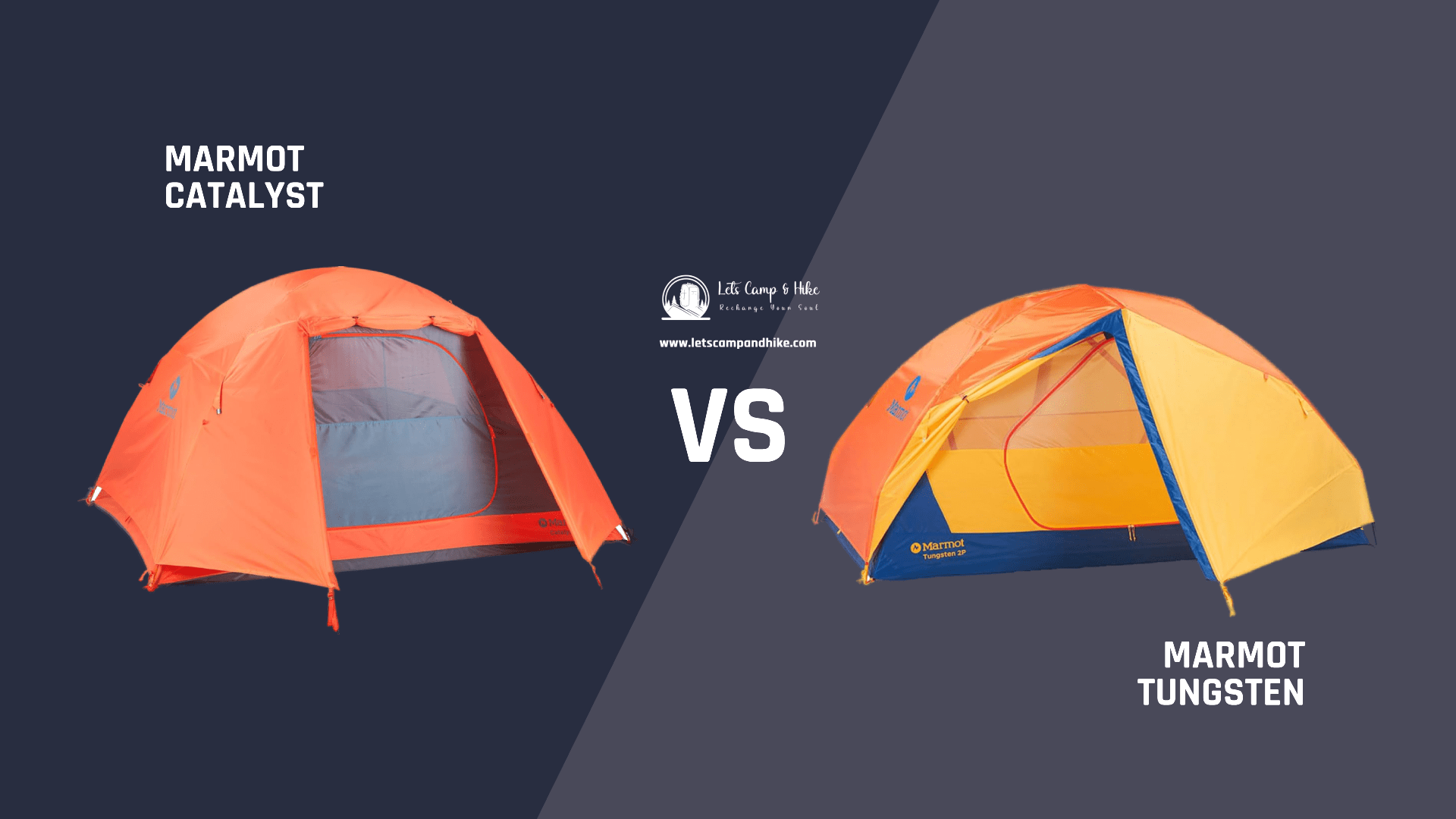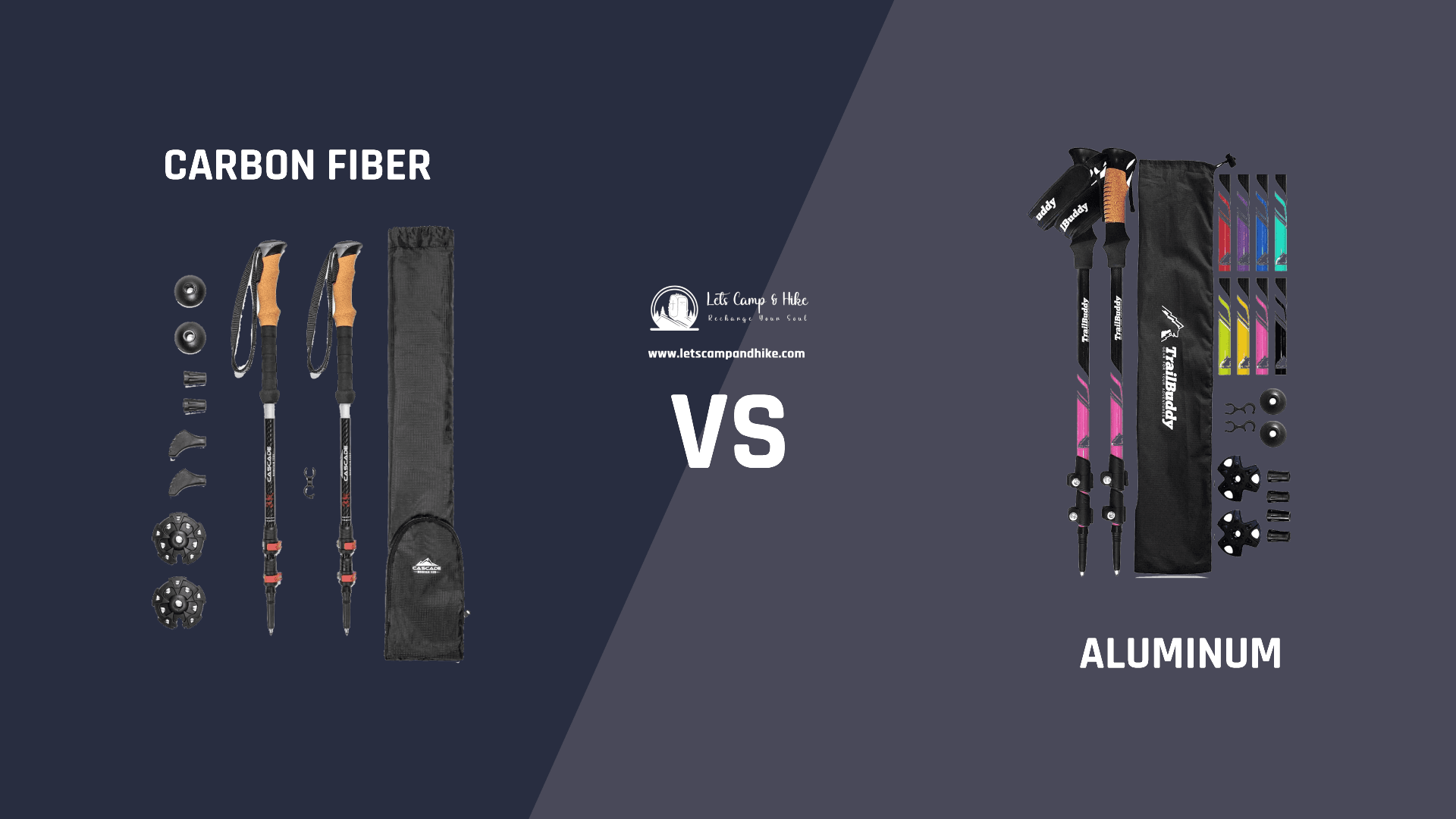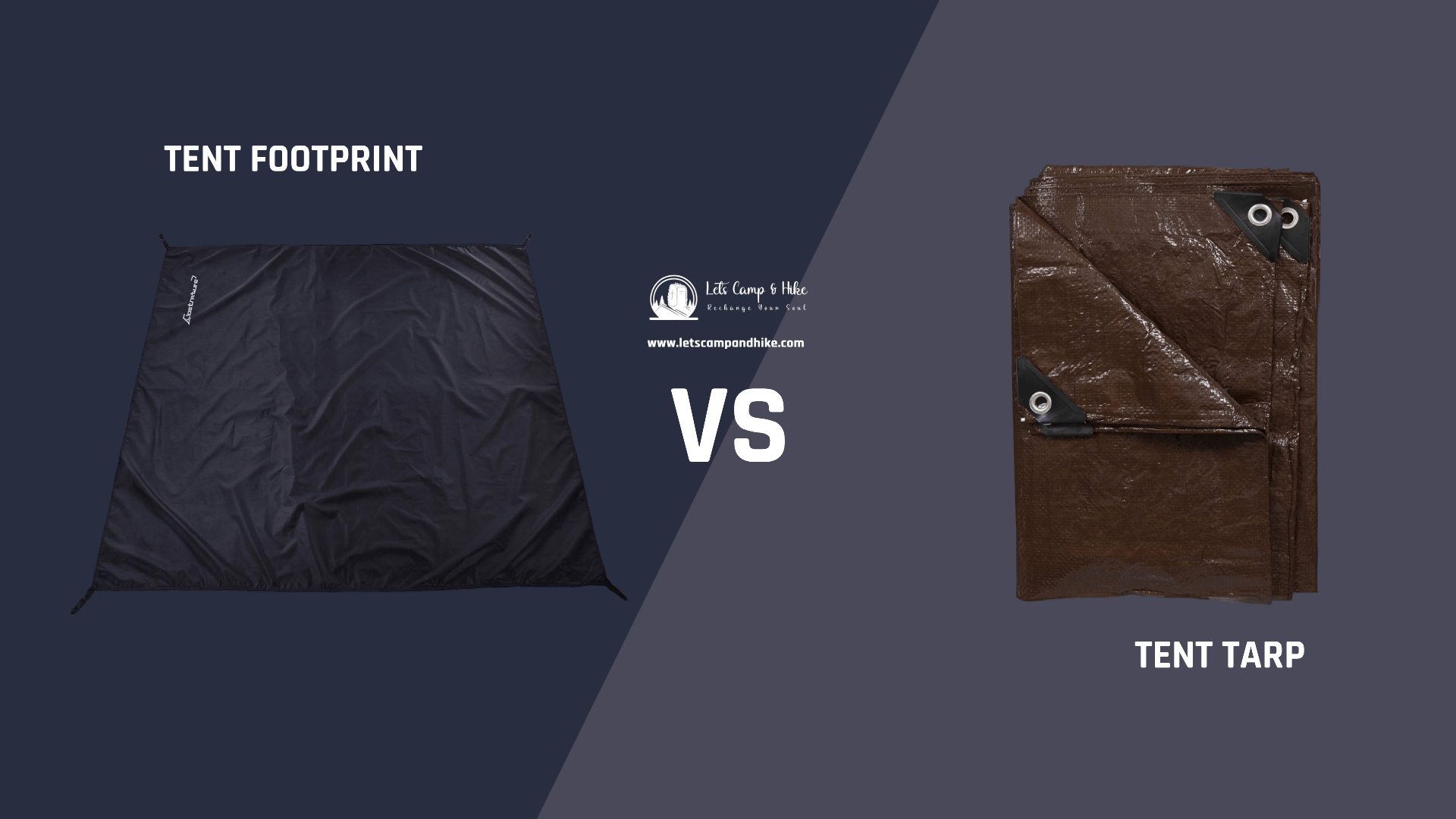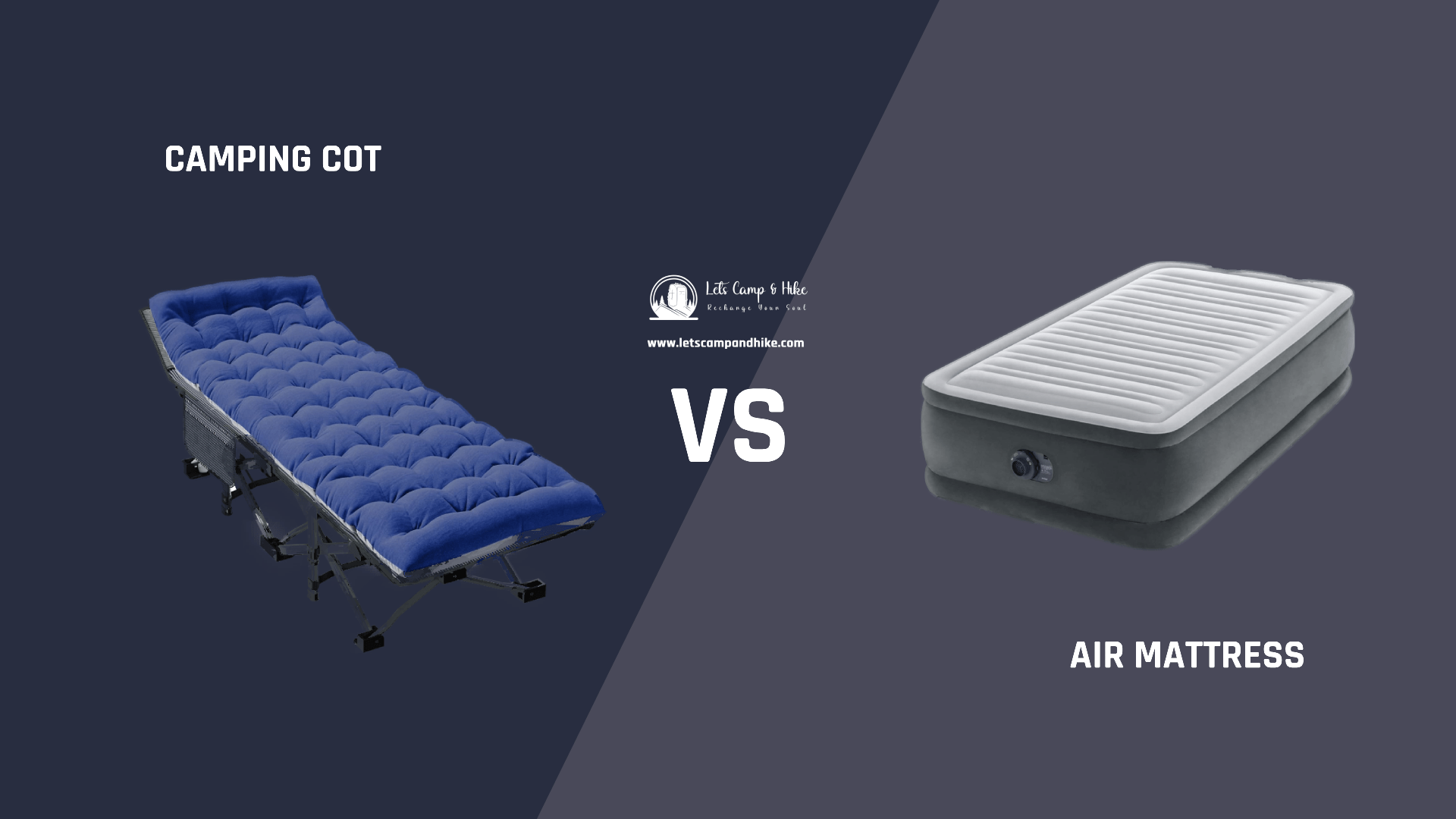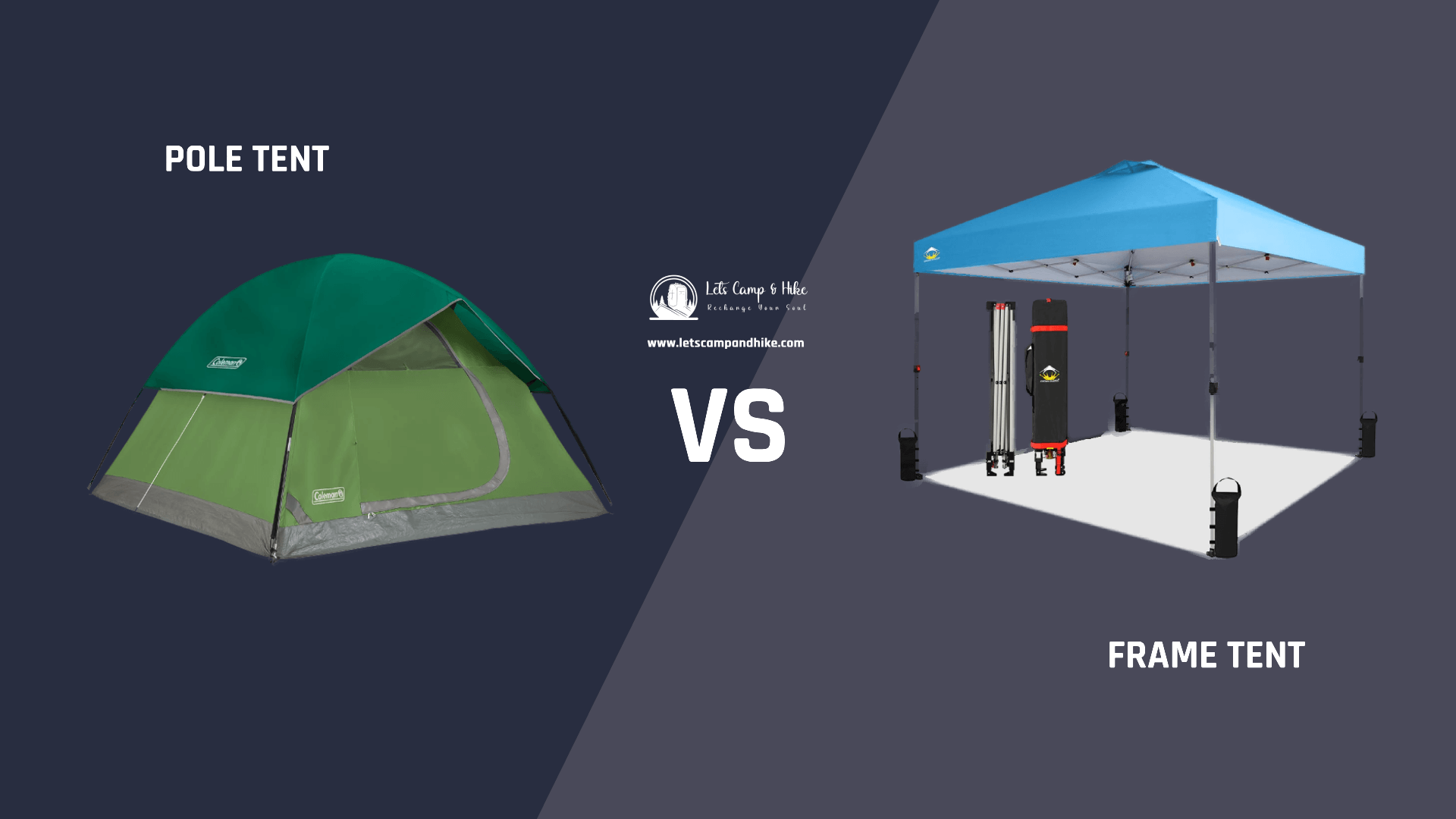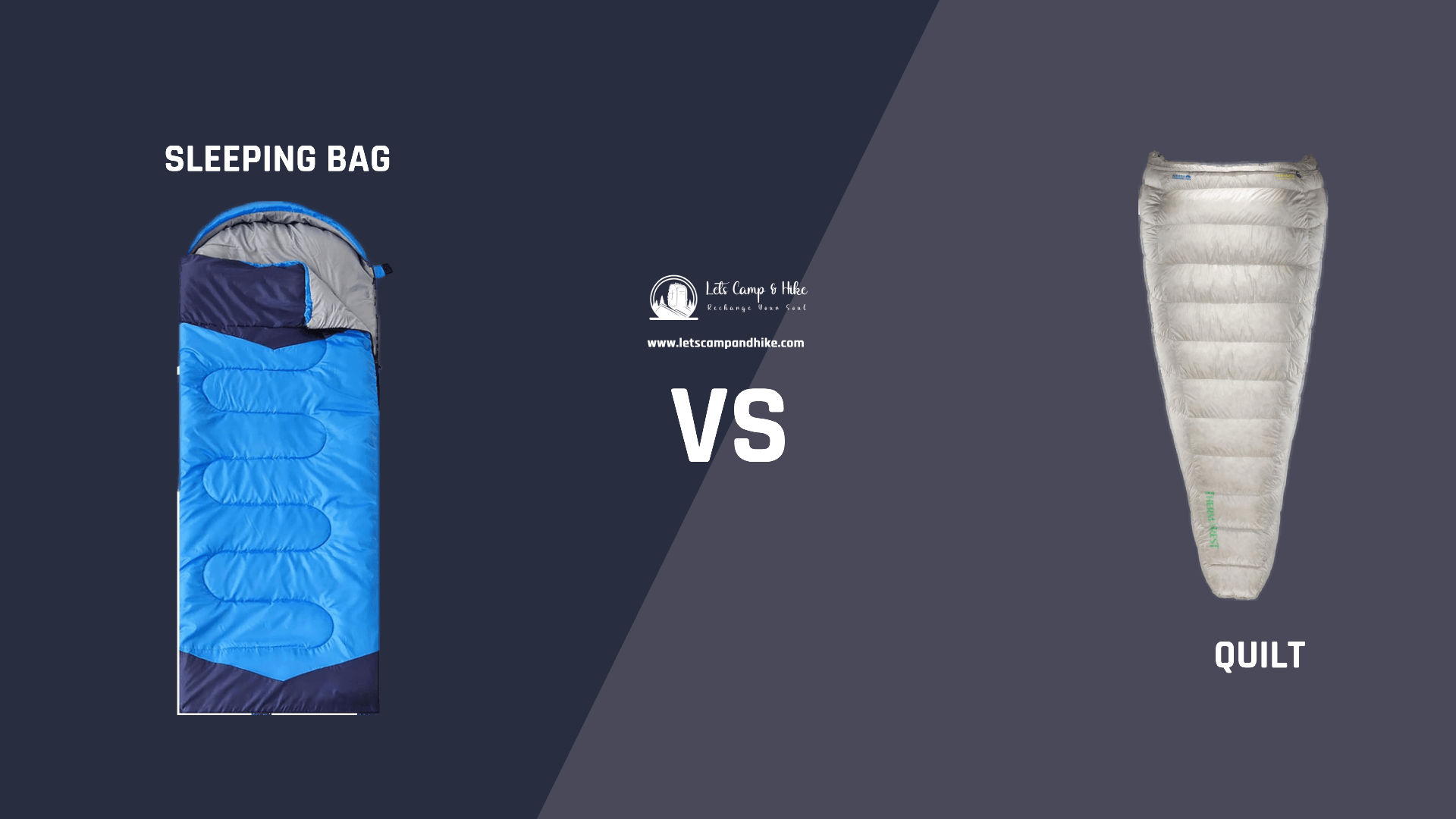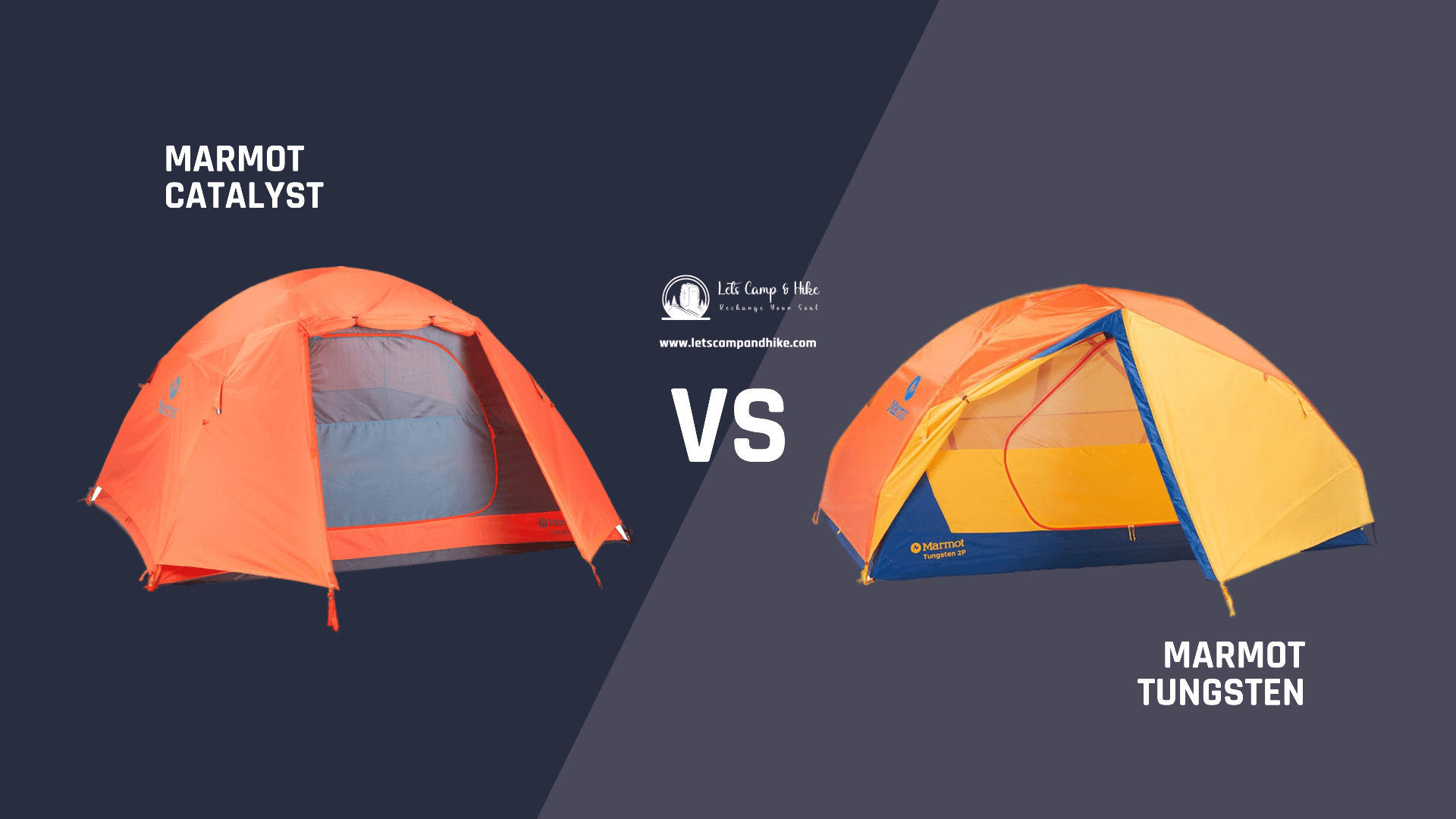Although you might consider camping a social activity, it can also be enjoyable alone. Solo camping offers you the chance to unwind and re-establish a connection with nature while escaping your daily life routine and practicing mindfulness. For you, this is the ideal reset button.
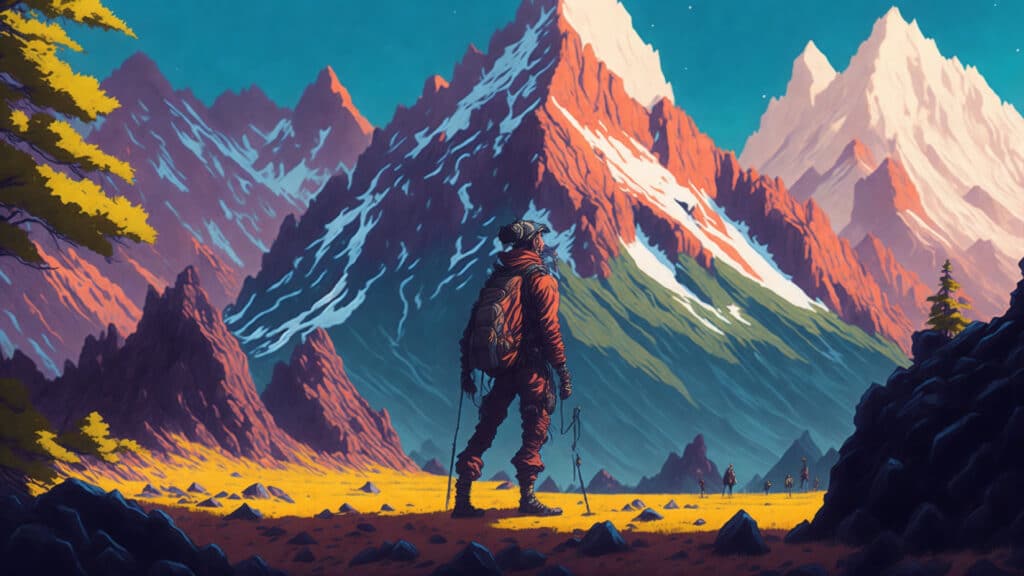
Sometimes, it’s just more straightforward for your mental health to go camping alone. You won’t have to worry about making plans or having enough food, sleeping bags, and equipment. You can select your favorite leisure activities and take charge of your meals, so you only have to eat what you want.
Why Camp Alone?
Few of us would relish the idea of going camping by ourselves. Things don’t feel the same when you do things alone, like cuddling up by a campfire with friends, taking in the stars at night, or waking up to a hot cup of coffee in the morning over the fire. Going into the bush alone might provide difficulties and fears if you’re not a seasoned camper.
However, something unique about doing something on your own practically forces you to confront your concerns, try new things, embrace new experiences, and discover new aspects of yourself. It may be the most exciting thing you do all week, or it could be terrifying and nerve-wracking. There are a few fantastic reasons to pack your bags and go camping alone, regardless of whether you’re an experienced camper who loves spending a weekend outdoors or has never done so.
How To Start Solo Camping?
It takes excellent planning and thought to prepare for a solitary camping trip. Investigate the region where you intend to camp and become acquainted with applicable laws or ordinances first. Make a list of everything you’ll need, such as cooking supplies, a sleeping bag, and a strong tent. Bringing enough food and water for the length of your journey is also essential. Tell someone what you’re doing and when you intend to be back and think about bringing a map or GPS gadget for directions.
Last but not least, ensure your shoes and clothes are suitable for the potential weather. If you prepare correctly, you’ll be confident and equipped to take on the big outdoors.
Solo Camping Checklist
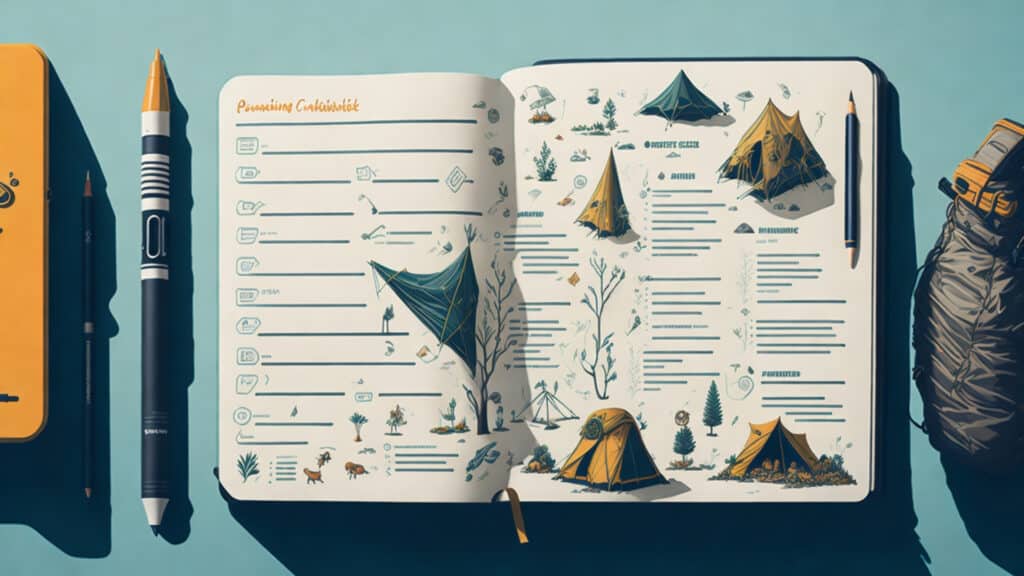
Packaging appropriately for solo camping is crucial as it includes being alone. The essential equipment that you must have is listed below:
Basic Solo Camping Gear List
- Tent: When camping, a well-made, compact tent is a must-have. Larger tents may be more difficult for one individual to set up if you plan to drive to your location. Always start modestly before venturing out on your own.
- Sleeping Bag: Choose a high-quality, waterproof sleeping bag appropriate for the temperature you want to sleep in. You desire comfort!
- Sleeping Pad: You should bring a sleeping pad with you if you don’t want the hard ground and each pebble to stab you in the back. In addition, it can aid with insulation in chilly weather.
- Preparing Food: It’s a Must for All! A dish or plate, a fork or spoon for eating, and at least one kettle for boiling water should be available.
- Stove & Fuel: Eating on the trail requires a portable stove and fuel because some regions forbid burning on their trails. Furthermore, starting a fire can be complicated, but using a stove will have you cooking immediately.
- Clothesline: Every camper knows how important it is to have a place to hang items to keep them dry, clear of dirt or sand, and out of the way of some insects. You’ll be thankful that you brought a line to hang things.
- Rain Tarp: You assume it won’t rain until it does, and nobody wants to spend the whole night in the rain. Bring a rain tarp so you can cover your tent and sleep well.
- Footprint: A footprint extends the life of your tent and helps keep you warm and dry. It is placed beneath your tent. Additionally, you can use a bath mat.
- Food: You must eat! For on-the-trail refueling, carry some delicious pre-made camping meals or make your dehydrated meals. Recall that the extra calories you burn while hiking to and from the campground require you to eat more than usual.
- Ziplock bags: There will be trash; not every campground has a trash can. Pack out anything you bring in, and we suggest using ziplock bags or other reusable bags for this.
- Multitool: When camping, multitools are beneficial pieces of kit. It is always helpful to have one, particularly if you are camping alone, as they can assist you with everything.
- Clothing: You should always wear something tidy. Pro tip: Try to wear as much merino wool as you can, and always remember to pack extra socks, underwear, and t-shirts.
- Hiking Boots: This much is clear. Only hike to or from a campground with the appropriate shoes on.
Read- 10 Best Trekking Boots For Men
- Camp Shoes: Shoes that may get wet are also necessary for casual wear to the campsite. You are allowed to bring two pairs.
- Rain Jacket: Stay dry during rain by having a plan in place before you become stranded.
- Bug Spray: On the path, protect yourself from getting eaten alive by insects!
- Sunscreen: Sunscreen is a must for everyone. You do need it, even if you don’t believe it. Use it, reapply it, and maintain the health and protection of your skin.
- Power Bank: The majority of us communicate and navigate using our phones. No matter how long you go camping, a battery bank will help you keep that charged and functional.
- Water Bottles: You need at least two water bottles when camping alone. While the second is for contaminated water, the first is for pure water. If you plan to purify the unclean water, you usually need a container to hold the dirty water.
Safety Essentials
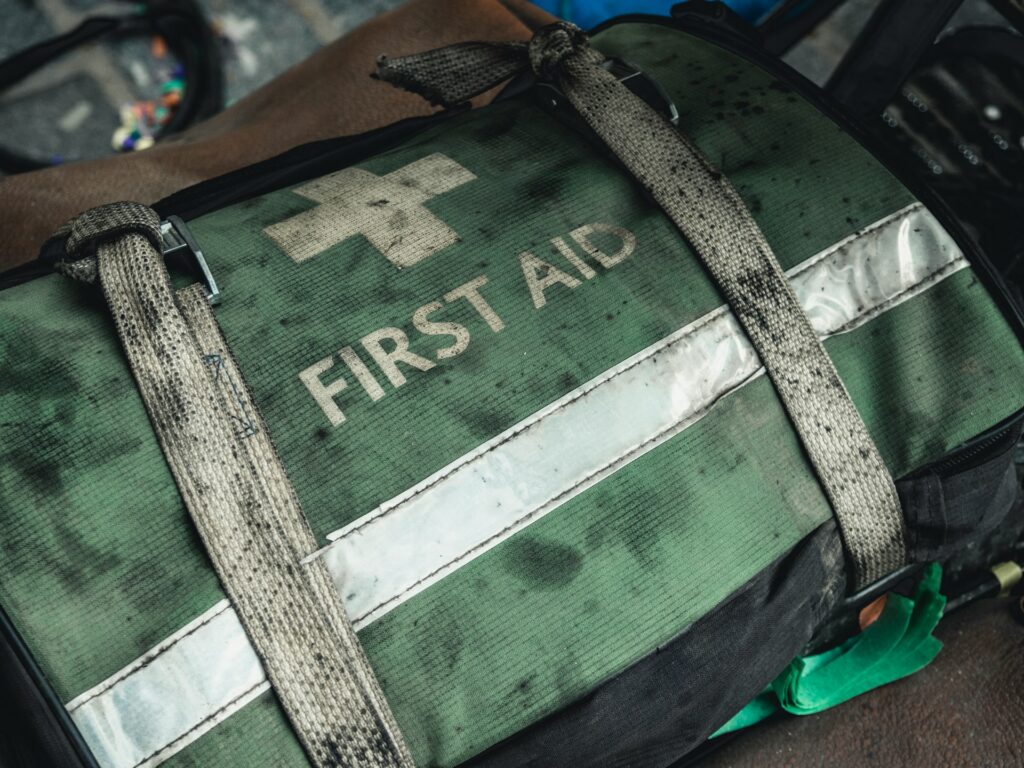
- First Aid Kit: Any journey, especially a solitary one, needs a first aid pack. Ensure the kit has everything required for even the most unusual emergencies. Bring a first aid pack for your cherished pet as well.
- Bear Spray: This is crucial if you plan to hike alone in the bear area to defend yourself in a bad bear encounter.
- Water Purifier: When hiking alone, the last thing you want is to have diarrhea. Consequently, a means of purifying water is a crucial component of safety for any solitary camping excursion.
- Fire Starter: Igniting a fire is more complex than you may believe. If you don’t have access to decent kindling where you’re going, you should pack something to light the fire.
- Knife: This is a knife for defense, not a cute little multi tool. You’ll be glad to have it if necessary since you could need to defend yourself against people or animals.
- Headlamp: It’s something that’s often forgotten, but having vision is essential if an emergency arises at night so you can assist yourself. It’s also enjoyable to have on any campground evening.
- Communication Device: Most people will use their phone for this, but be sure there is service where you are going. Alternatively, get a long-range communication gadget.
- Compass: Carry a compass at all times. If you need help with how to utilize it for navigation, consider enrolling in a course or watching some YouTube videos. It can save your life if you need it in an emergency.
Camping Hygiene Essentials List

- Soap: All you need in this situation is a bar of soap or a tiny travel-sized bottle of Dr Bronners. This applies to your body and your pots, pans, and dishes. Use it cautiously and keep it away from any bodies of water.
- Toothbrush/toothpaste: Observe your dental health! They must endure a lifetime since it’s the only set you get.
- Baby Wipes: An essential item for any camping trip is baby wipes. Excellent for cleaning and maintaining cleanliness for both you and other objects.
- Hair Ties: Hair ties vanish or break at the most inconvenient moments, as all women know. In addition, hair ties come in handy for fastening items when necessary. Bring an additional pair.
- Feminine Products: This may be divided into two groups. To keep things dry and clean, carry a female urinal or a Kula cloth when urinating. A menstrual cup is quite helpful during periods.
Cold Weather Additions
- Thermal Sleepwear: Cold Weather Sleeping Bags are excellent for trekking and sleeping in cooler temperatures.
- Sleeping Bag Liner: Compared to not having one, this can improve the quality of your sleeping bag and keep you comfortable in considerably colder conditions.
- Warmers: Excellent to have in a hurry and capable of supporting you through a chilly, difficult night if needed.
Read- 11 Best Foot Warmers For Camping
Is Solo Camping Safe?
Yes, even for women, it is very safe to camp by yourself. But bear in mind that camping alone needs more planning than camping with others. This entails packing all the necessary safety gear, having a backup safety plan, and mentally and physically readying oneself for solitary camping. Solo camping may be a thrilling and confidence-boosting experience if you take some safety measures.
However, here’s a tip for female campers traveling alone: “Never Advertise That You’re Alone.” It’s preferable for women who camp alone to keep their enjoyable camping experiences to themselves despite the want to tell everyone about them.
Postpone posting your whereabouts on social media until after your vacation. Furthermore, you should only disclose to other campers that you intend to camp with others. Occasionally, someone might probe you inappropriately to determine whether you’re alone. Be bold, make a narrative, and claim you’re traveling with a friend in these situations. In most cases, if curious onlookers suspect you are not alone, they will let you enjoy your journey in peace. Only your close friends, family, and park employees should know you intend to camp alone.
The Benefits Of Solo Camping
Going on a solo camping trip through the woods provides a level of seclusion that is impossible on a group camping trip. A weekend getaway to the woods may have a profound effect.
Even though you won’t be telling stories while you camp alone, the time you spend contemplating life around the fire will still be valuable. The advantages of solo camping for novices are listed below:
Calm and Quietness

When you camp alone, you may appreciate the silence and serenity of the outdoors without being disturbed by other people’s laughter, cries of glee, or talking. Usually, there’s not much opportunity to enjoy nature’s peace other than sleeping.
You may take in the delicate noises of the natural world, the breathtaking views, and the wilderness that await you when you are alone. You’ll discover that outside, with only the wind blowing through the trees, creates a new calm.
Maintaining Your Own Pace
Finding a group where everyone is on the same page is difficult. It is optional to plan activities with other people when you are camping alone. You can move around without arranging to meet again at a specific time and take your time as you choose.
Knowledge Acquired
During this stage of solo camping, you continually put yourself (and your abilities) to the test, demonstrating your correctness or incorrectness on tasks you previously believed you were proficient in and discovering which ones you still need to work on before your next trip.
Assuming that humans ever built fires without matches, you’ll probably make a few blunders. You discover that catching fish is more complex after all. Nevertheless, each error committed and lesson learned is precious. By making mistakes along the way, you’ll master skills you didn’t realize you had when you first ventured into the woods and gain greater independence.
Break Through Your Barriers
At first, solo camping is not a challenging activity that lets you push and bend your boundaries. Still, you’ll quickly realize your limitations and most likely break them once you need help setting up camp, carrying that heavy canoe, or hiking a kilometer-long pass all day.
By the time your vacation comes to an end, you’ll reflect on all you did independently and realize that you were able to overcome your obstacles. That’s a delightful insight to have, and it will boost your self-assurance for further alone travels.
Shifting Away From Concerns
Almost every outdoor lover or explorer will tell you that spending time outdoors in unspoiled nature provides an exceptional chance to forget about your troubles. Most of us go into nature to escape other things, such as a demanding workweek or the pressure of examinations.
You may relinquish the constraints of your 9–5 job in exchange for a tent, sleeping bag, and bonfire. Choosing whether to go for a swim in the lake or have fish for supper may be the most stressful aspect of the day.
An Increased Sense of Connectivity With Nature
Solo camping allows you to spend more time in tune with the natural world without being interrupted by other people. Deeper connection and increased awareness may result from this. Everything is there for you to observe and enjoy without noise or interruptions. When you’re alone, you notice that you take in the surroundings more.
Read- Ultimate Health Benefits Of Camping
First-Timer Solo Camping Tips
Now that you know the many advantages of camping alone, you are nearly prepared to set off on your adventure and enjoy this time to yourself. To guarantee a safe and pleasurable camping vacation, there is one last thing to do, go over the suggestions below for solitary camping and follow this advice:
- Select The Perfect Campsite: Avoid going to a large wilderness region on your first solo camping excursion. If this is your first visit, we advise locating a campsite a few hours away from your home. You can go home fast if anything unexpected happens, like broken equipment or bad weather.
- Having Confidence: A fundamental understanding of camping is essential; you should also feel you have more experience than a newbie. To camp alone effectively, you must be able to perform these crucial tasks:
- How to Navigate
- How to Set Up a Tent
- How to Start a Fire
- Methods For Purifying Water
- How to Respond to Wildlife Encounters
- How To Predict The Weather
- Essential First Aid Knowledge
- Notify Friends and Family: Give your friends and family plenty of notice about the name of the campground, the camp officer’s contact information, and the campsite’s location.
- Select The Right Equipment: Think carefully about what you bring because you can only pack and unpack. When packing for a camping trip, remember that you only need what you’ll need for yourself.
Many single campers use a hammock, which needs a sleeping bag, instead of hauling in a tent and a sleeping pad. Choose a single-person lightweight tent if that’s your preference.
- Take Safety Precautions: Exercise caution: It’s always better to be safe than sorry, particularly if you’re alone in the woods. Carry a satellite phone, personal locating beacon, or emergency gadget. With the help of a satellite phone, you may periodically update your friends and family back home on your whereabouts, giving them peace of mind.
- Always Safety First: Prioritize your safety by making advance plans whenever camping. As you venture into the woods by yourself, be sure you have a strategy for escape. Know the best route out and the places where you may seek assistance if necessary. Ensure you know the required safety measures, such as what to do if you are in bear country and who to call in an emergency.
When you prepare and have the right equipment, camping alone may be safe and pleasant.
Read- Ultimate Beginner Camping Tips
Some Fun Solo Camping Activities
The appropriate gear and organizing the correct activities are essential for a fun-filled solo camping vacation. Make sure you can do many things when you’re outside.
Plans should be made for the day, especially for the evening, when you won’t leave your campground. Get inspiration for your solo vacation by looking through this list. Plan your activities ahead of time to ensure you carry the necessary items and choose a suitable camping location.
The following is a list of enjoyable activities you may do when camping alone:
- Meditate: There’s no better place to meditate than outside alone. Utilize the silence to engage in some meditation. If you download the guided meditations in advance, you may carry them with you.
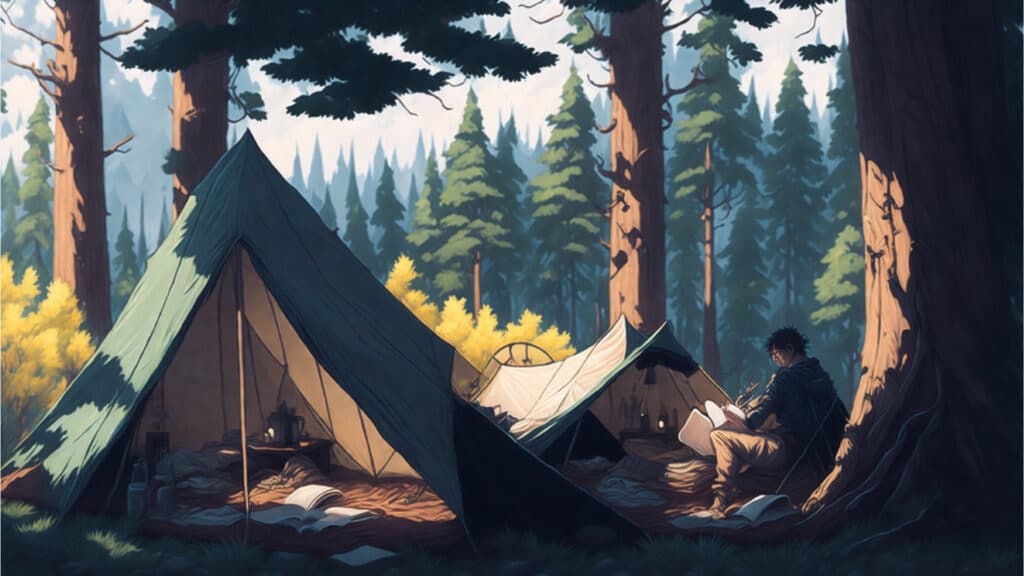
- Read: When camping, time passes more slowly, making it an ideal opportunity to finish the novels waiting for you. In addition, reading the stories in a hammock makes them feel much more enchanted.
- Write: If you’re more of a writer, you can use this alone time to generate some of your most extraordinary writing. You’ll undoubtedly discover some inspiration while you’re alone, whether you create music, poems, or novels. Remember to grab your travel journal and start writing! You never know when your solitary camping trip will spark an idea.
- Sketch: This is the ideal time to take a drawing pad and put a pencil on paper if you enjoy sketching or drawing. You can see how accurate your drawing of the surrounding landscape is.
- Fishing: Fishing alone is one of the most soothing activities ever. It’s ideal to go fishing alone if you’re camping alone.
- Practice Your Photography: If you are an avid photographer, there’s nowhere better to take better pictures than outside in the great outdoors. Make the most of your time away from home by looking for subjects for your photos. Anything from the landscape to the creatures and flora might qualify as this.
Solo Camping With Dog
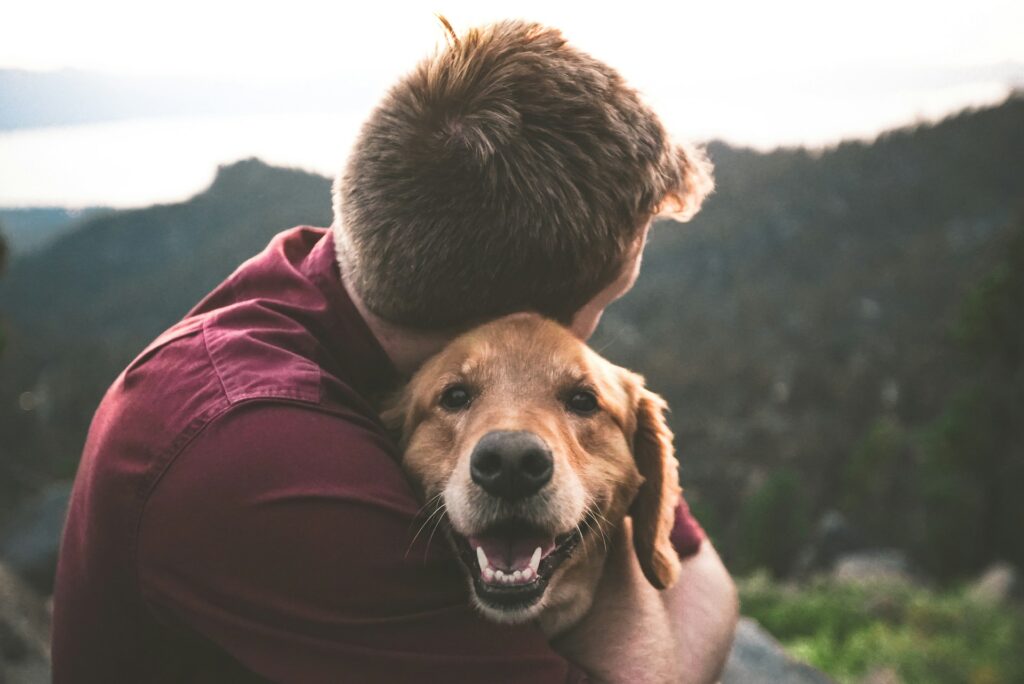
Camping with your dog is a great way to unwind after a hectic workday. The forest exudes good energy, and one may establish a connection with the evergreen environment. Why pass up this fantastic chance when you may do the task on your own with your most cherished companion
5 Tips For Camping With Your Dog
Make sure you remove any doubts and enjoy a wonderful time with your special friend by paying attention to the following advice:
- Picking The Right Campsite: This makes perfect sense. Find out whether the campsite is dog-friendly before bringing your dog camping. Dogs are often prohibited from campgrounds, which leads to arguments between campers and instructors.
- Handling a Food Shortage: While there are many necessities to prepare for a camping trip, food is the most important thing. Food is never plentiful while camping; things get even more complicated if your dog goes along.
There are now two approaches to resolving this problem. Packing extra food and water for your dog should come first. Because it will be exhausting, your dog will burn many calories quickly.
Second, bring a lightweight dog dish so your pup may enjoy eating from a familiar container.
- Keep It Entertaining For Your Dog: You may love camping alone, but can you say the same for your dog? Since they can only see you, are they in love with this weird place? Make sure your dog has something to do while you’re camping to prevent them from being bored and becoming sluggish.
You may engage your dog in a variety of sports and activities when camping, such as:- Ascending hills
- Jogging slowly, taking photos, and fishing
- Toys for outdoor sports
Last Words
We hope this essay has given you a better understanding of the benefits of camping alone and the steps involved. Next to solo hiking, solo camping is an awesome pastime. We’re not suggesting it has to be your favorite thing, but you could be surprised at how much you enjoy it.
Keep up with Let’s Camp & Hike to learn more about camping and hiking tips and tricks.


